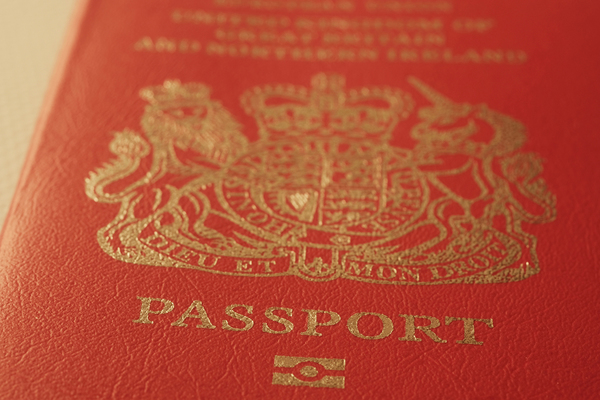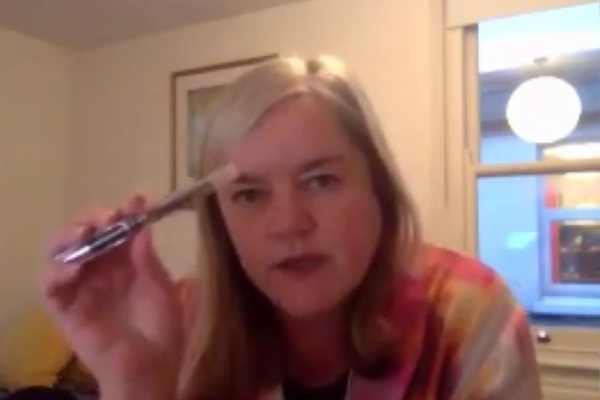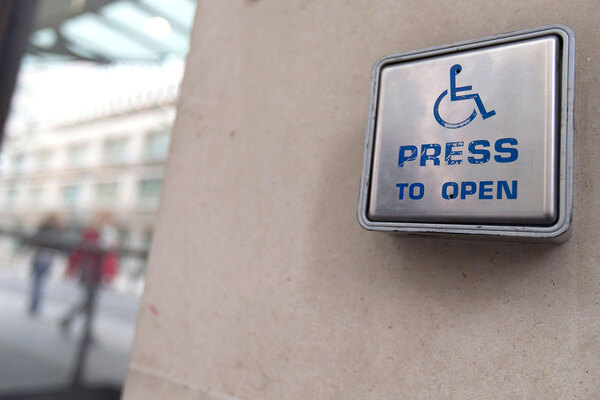You are viewing 1 of your 1 free articles

John Perry is a policy advisor at the Chartered Institute of Housing
The Illegal Migration Bill could lead to more destitution
The government’s controversial Illegal Migration Bill began its parliamentary stages this month. But it brings with it a slew of problems that are unlikely to go away. John Perry explains what the issues are
Aimed at ending ‘illegal’ migration via small boats, the government’s Illegal Immigration Bill would deny the right to claim asylum to anyone who enters the UK by informal routes such as boats. In doing so, it breaches a right protected by international law. The measure would even affect trafficking victims and, potentially, unaccompanied children.
The bill will not be subject to the normal committee process but will be dealt with by a committee on the floor of the house, which means there will be limited opportunity for lobby groups to give evidence. However, given vocal opposition from some Conservatives, it seems likely that its provisions will be amended, and perhaps made less severe as it passes through parliament.
The government’s aim seems to be to take all undocumented migrants into detention, prior to removal to Rwanda or another ‘safe’ country, or their return to their country of origin if it is judged to be safe. A person from an unsafe country (such as Afghanistan) could be sent anywhere except their country of origin. Because of the difficulties the government faces in removing people, however, the bill will likely lead to people suffering long periods in detention.
There will be an opportunity to challenge removal based on expected serious, irreversible harm or faulty notification – but only on very short timescales (as short as a week in some cases) that are completely impracticable given the need to prepare a legal case and the problems of getting legal aid.
“There is a huge risk of people ‘going underground’ as they won’t be able to make claims, so there could be a big increase in destitution and illegal working – things the government otherwise wants to tackle”
This system effectively becomes the new ‘asylum process’ for any undocumented people. People with genuine asylum claims will simply not be able to make one unless they arrive through a ‘safe and legal’ route (at present available primarily to Ukrainians, and some people from Hong Kong and Afghanistan). In theory, anyone else arriving after 7 March will not be able to enter the asylum process.
However, there are multiple snags for the government to overcome. For a start, the whole arrangement depends on the ability to remove people to a ‘safe country’ such as Rwanda. But the first flights to Rwanda are not likely until late 2023 even if the government wins court cases in the meantime, and the scheme will only cater for about 200 people annually.
The picture might be different if there is a big change in arrangements with France, which has its own big asylum backlog.
The consequences of the migration bill mean people will face months in detention. There is a huge risk of people ‘going underground’ as they won’t be able to make claims, so there could be a big increase in destitution and illegal working – things the government otherwise wants to tackle. Traffickers will also use the new laws to keep control of the people they are exploiting.
Removals are likely to become much more violent, as people will be threatened with being taken to a country where they have no contacts and no economic or social future. This means much greater hardship and worsening of mental health, which could lead to suicide attempts.
There will likely be even bigger demand for private providers such as Serco to manage large-scale detention, monitoring undocumented migrants (perhaps with much more tagging), more removals and all the other enforcement work. Detention applies to about 600 people at the moment and according to the Refugee Council, the government will have to expand the ‘estate’ to accommodate more than 9,000 people.
There are likely to be more tragedies at sea as well as on land as more may attempt to come undetected in container lorries, which have led to horrible deaths in the past. The threat of death, sadly, will not be a deterrent, as has been seen in the numbers dying while attempting to cross the Mediterranean.
“Removals are likely to become much more violent, as people will be threatened with being taken to a country where they have no contacts and no economic or social future”
Colin Yeo, a well-known immigration lawyer, tweeted: “Refugees who avoid detection on arrival will presumably try to avoid the Home Office and police once inside the UK. They’ll try and make their way in the shadow economy. They will be destitute, homeless and at serious risk of exploitation by very bad people.”
Migrants who come here are likely to end up destitute and at risk of exploitation as the alternative is to be kept in a hotel for years on £8 per week, with no prospect of claiming asylum. Fewer contacts with the Home Office may mean that asylum figures fall, but it doesn’t mean that people won’t end up on the streets or in dubious parts of the private rented sector (if they are working illegally).
From the perspectives of housing providers and local authorities, the picture may change from the present one where large numbers of people are in hotels or other kinds of temporary accommodation, but are at least recognised by the asylum system, to one that is far more anarchic. This looks like more people forced to sleep rough, or live in deeply unsatisfactory conditions, adding to the already large numbers of those who cannot be helped because they are not eligible for housing or benefits.
While attention rightly focuses on the cruelty that will be suffered by those caught in the new system, we also need to draw attention to the hardship faced by those who escape its clutches.
John Perry, policy advisor, Chartered Institute of Housing
Sign up for our homelessness bulletin
Already have an account? Click here to manage your newsletters












